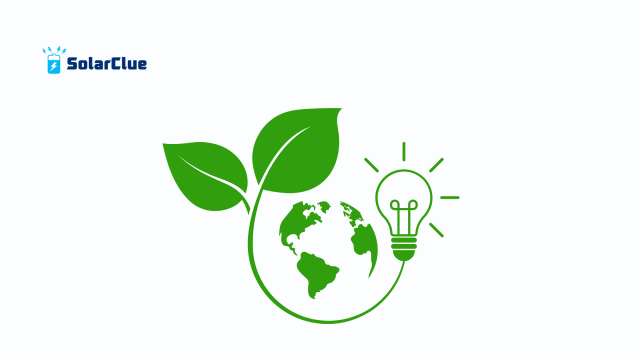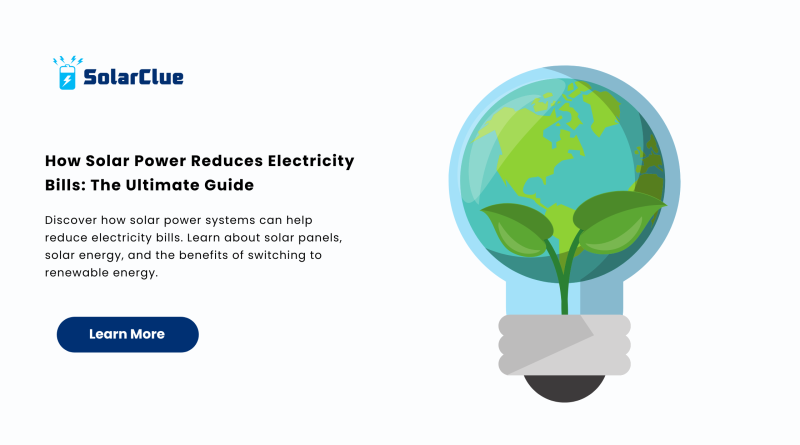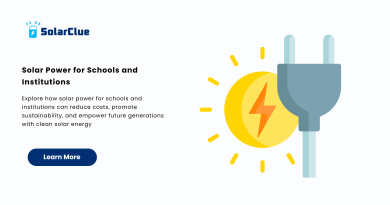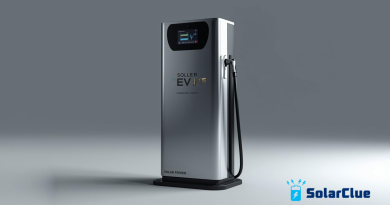How Solar Power Reduces Electricity Bills: The Ultimate Guide
With rising electricity costs and increasing concerns about environmental impact, many homeowners and businesses are turning to solar power as a solution. Solar energy is not only a sustainable option for powering homes but also a practical choice to reduce electricity bills. In this comprehensive guide, we will explore how a solar power system can lower your energy expenses, the science behind solar panels, and the long-term financial benefits of switching to solar energy.
Table of Contents
- 1 What is Solar Power? Understanding the Basics
- 2 How Does Solar Power Save Money on Electricity Bills?
- 3 How Much Can You Save with Solar Power?
- 4 Key Factors Affecting Solar Energy Savings
- 5 Benefits Beyond Cost Savings
- 6 FAQs About Solar Power and Reducing Electricity Bills
- 7 Conclusion: Start Saving with Solar Power Today
What is Solar Power? Understanding the Basics
Solar power is energy harnessed from the sun’s rays using solar panels. These panels capture sunlight and convert it into electricity through the photovoltaic effect. Solar panels consist of semiconductor materials that generate direct current (DC) electricity when exposed to sunlight. This electricity is then converted to alternating current (AC) by an inverter, which is used to power your home or business.
How Does Solar Power Save Money on Electricity Bills?
The primary benefit of installing a solar power system is the reduction in reliance on grid electricity. Here’s how solar energy helps lower electricity bills:
1. Reduced Dependency on Grid Power:
By generating your own electricity, you rely less on the power grid. This reduces the amount of electricity you need to purchase from your utility company.
2. Energy Self-Sufficiency:
Solar panels allow you to generate free electricity from the sun, leading to a significant decrease in monthly energy costs. This is especially beneficial in regions with high electricity prices.
3. Net Metering:
Many regions offer net metering programs, where you can sell excess electricity generated by your solar power system back to the grid. This can lead to credits on your electricity bill, further reducing your costs.
4. Lower Maintenance Costs:
Unlike traditional power sources, solar panels have low maintenance costs. They are durable and require minimal upkeep, allowing you to save on maintenance expenses over time.
5. Increased Efficiency:
Modern solar power systems are highly efficient, meaning they generate more energy from the same amount of sunlight. As technology advances, solar panels continue to become more efficient, offering better value for money.
How Much Can You Save with Solar Power?
The savings you achieve with solar power depend on several factors, including your energy usage, the size of your solar power system, the amount of sunlight your location receives, and whether you qualify for tax incentives or rebates.
1. Average Savings:
Most households can save between 20% to 70% on their electricity bills by installing solar panels. In some cases, where there is abundant sunlight, the savings can be even higher.
2. Long-Term Savings:
Over a 20-30 year period, solar power systems can help you save thousands of dollars. The initial investment in solar panels may seem significant, but the long-term savings on electricity bills make it a wise financial decision.
Key Factors Affecting Solar Energy Savings
Several factors can influence how much money you save by switching to solar power:
1. Roof Space:
The more roof space you have, the more solar panels you can install. This directly impacts the amount of energy your system can generate.
2. Energy Consumption:
The more energy you use, the larger the solar power system you’ll need to meet your needs. A system that covers all your energy needs will result in the maximum savings.
3. Geographical Location:
Your location determines how much sunlight you receive. Areas with more sunlight will see a higher return on investment (ROI) from solar panels.
4. Utility Rates:
The higher your local electricity rates, the more you’ll save by switching to solar power. In regions with high electricity prices, solar energy can offer a quicker payback period.

Benefits Beyond Cost Savings
While reducing electricity bills is a major reason for adopting solar power, there are several other benefits that make it an attractive option:
1. Environmental Impact:
Solar energy is a renewable resource that does not contribute to greenhouse gas emissions. By using solar panels, you are reducing your carbon footprint and helping combat climate change.
2. Energy Independence:
With solar power, you can become less dependent on the national grid and utility companies, giving you more control over your energy production and usage.
3. Increase in Property Value:
Homes with solar power systems are often valued higher than those without. Solar energy is seen as a desirable feature, making your property more attractive to potential buyers.
4. Government Incentives:
Many governments offer tax incentives, rebates, and other financial support to encourage the adoption of solar energy. These incentives can significantly reduce the upfront cost of installing solar panels.
FAQs About Solar Power and Reducing Electricity Bills
Q1: Can solar power completely eliminate my electricity bill?
A1: While solar power can drastically reduce your electricity bill, it may not eliminate it completely, especially if you have high energy consumption. However, with a properly sized solar power system, you can reduce your bill by a substantial amount.
Q2: How long does it take for a solar power system to pay for itself?
A2: On average, it takes 5 to 10 years for a solar power system to pay for itself through savings on electricity bills. The exact time frame depends on the system’s size, location, and energy consumption.
Q3: Are there any ongoing costs with solar panels?
A3: Solar panels have very low maintenance costs. You may need to clean them periodically and check for any damage, but overall, there are minimal ongoing expenses once the system is installed.
Q4: Do solar panels work in cloudy or rainy weather?
A4: Solar panels can still generate electricity on cloudy or rainy days, although their efficiency may be reduced. Solar power systems are designed to capture light, even in low-light conditions.
Conclusion: Start Saving with Solar Power Today
Switching to solar power is a smart way to reduce electricity bills while making a positive impact on the environment. By investing in a solar power system, you can enjoy long-term savings, energy independence, and peace of mind knowing that you’re using a sustainable energy source.
To get started on your journey toward solar energy, visit our website at solarclue.com and explore the best solar panels and solar power systems for your needs.
For more informative articles, visit blog.solarclue.com.




